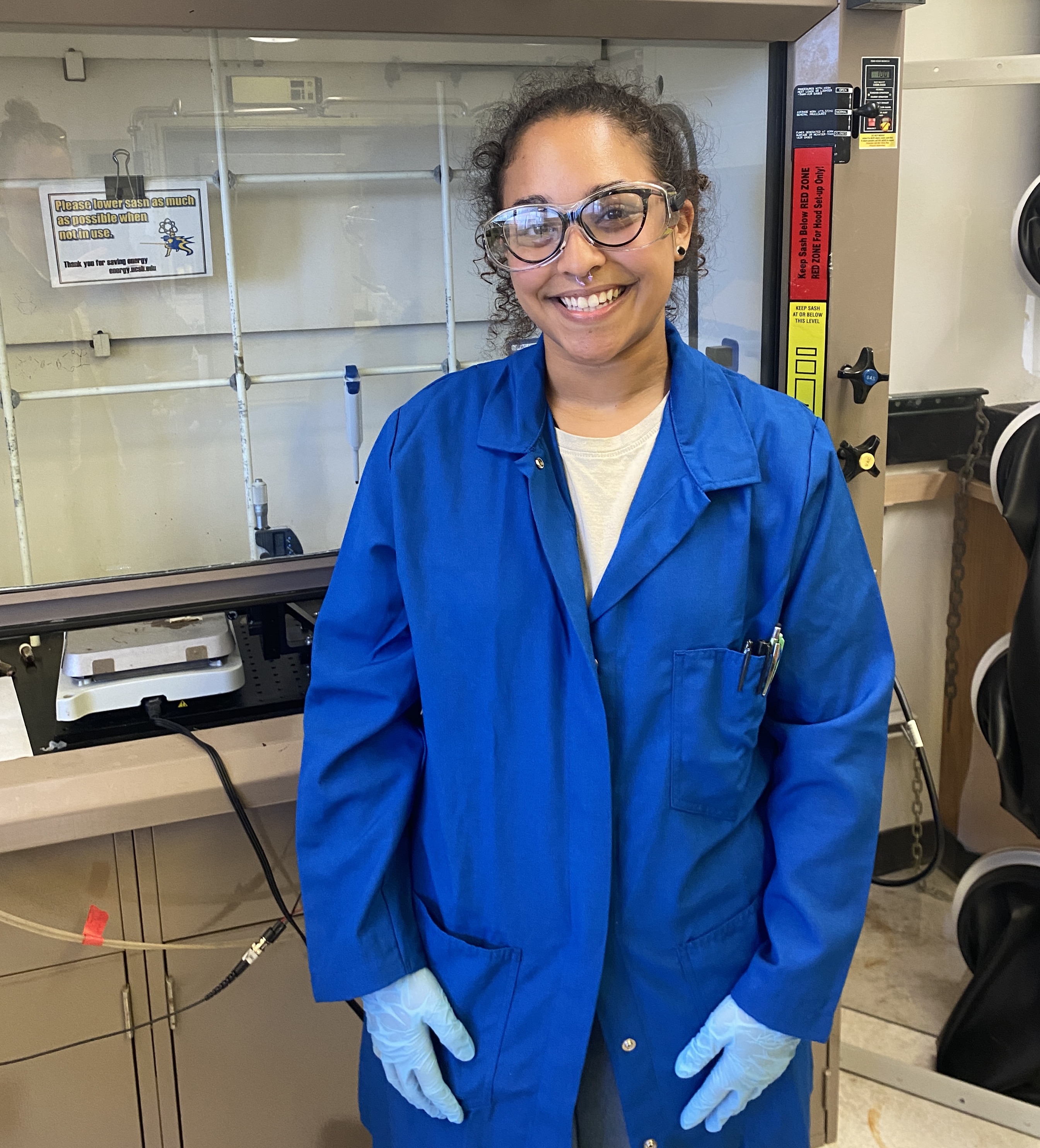
In response to the escalating global demand for renewable energy sources and heightened awareness of carbon footprints, organic solar cells have emerged as a promising alternative to traditional solar cell technologies, which often heavily rely on silicon, a material associated with substantial carbon emissions in its production processes. The blade-coating method offers a cost- effective and scalable approach for depositing organic thin films, but achieving optimal performance requires careful parameter optimization. This study systematically investigates critical factors such as coating speeds at 10 mm/s, 15 mm/s, 20 mm/s, substrate temperatures at 60°C, 80°C, 100°C, and solvent selection which is P3HT:PCBM at a 1:1 ratio to understand their influence on film quality and device performance. We analyze film morphology and thickness uniformity using several characterization techniques, including profilometry, atomic force microscopy (AFM), and UV-Visible spectroscopy. Our findings will provide essential guidelines for enhancing the blade-coating process by correlating morphological properties with photovoltaic performance. Ultimately, this research contributes to accelerating the commercialization of high-efficiency organic solar cells, thus advancing the adoption of sustainable and renewable energy solutions.